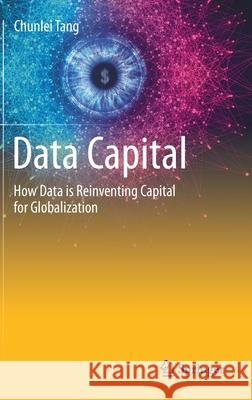Data Capital: How Data Is Reinventing Capital for Globalization » książka
topmenu
Data Capital: How Data Is Reinventing Capital for Globalization
ISBN-13: 9783030601911 / Angielski / Twarda / 2021 / 376 str.
Data Capital: How Data Is Reinventing Capital for Globalization
ISBN-13: 9783030601911 / Angielski / Twarda / 2021 / 376 str.
cena 566,20
(netto: 539,24 VAT: 5%)
Najniższa cena z 30 dni: 539,74
(netto: 539,24 VAT: 5%)
Najniższa cena z 30 dni: 539,74
Termin realizacji zamówienia:
ok. 16-18 dni roboczych.
ok. 16-18 dni roboczych.
Darmowa dostawa!
Kategorie:
Kategorie BISAC:
Wydawca:
Springer
Język:
Angielski
ISBN-13:
9783030601911
Rok wydania:
2021
Wydanie:
2021
Ilość stron:
376
Waga:
0.72 kg
Wymiary:
23.39 x 15.6 x 2.24
Oprawa:
Twarda
Wolumenów:
01
Dodatkowe informacje:
Wydanie ilustrowane











